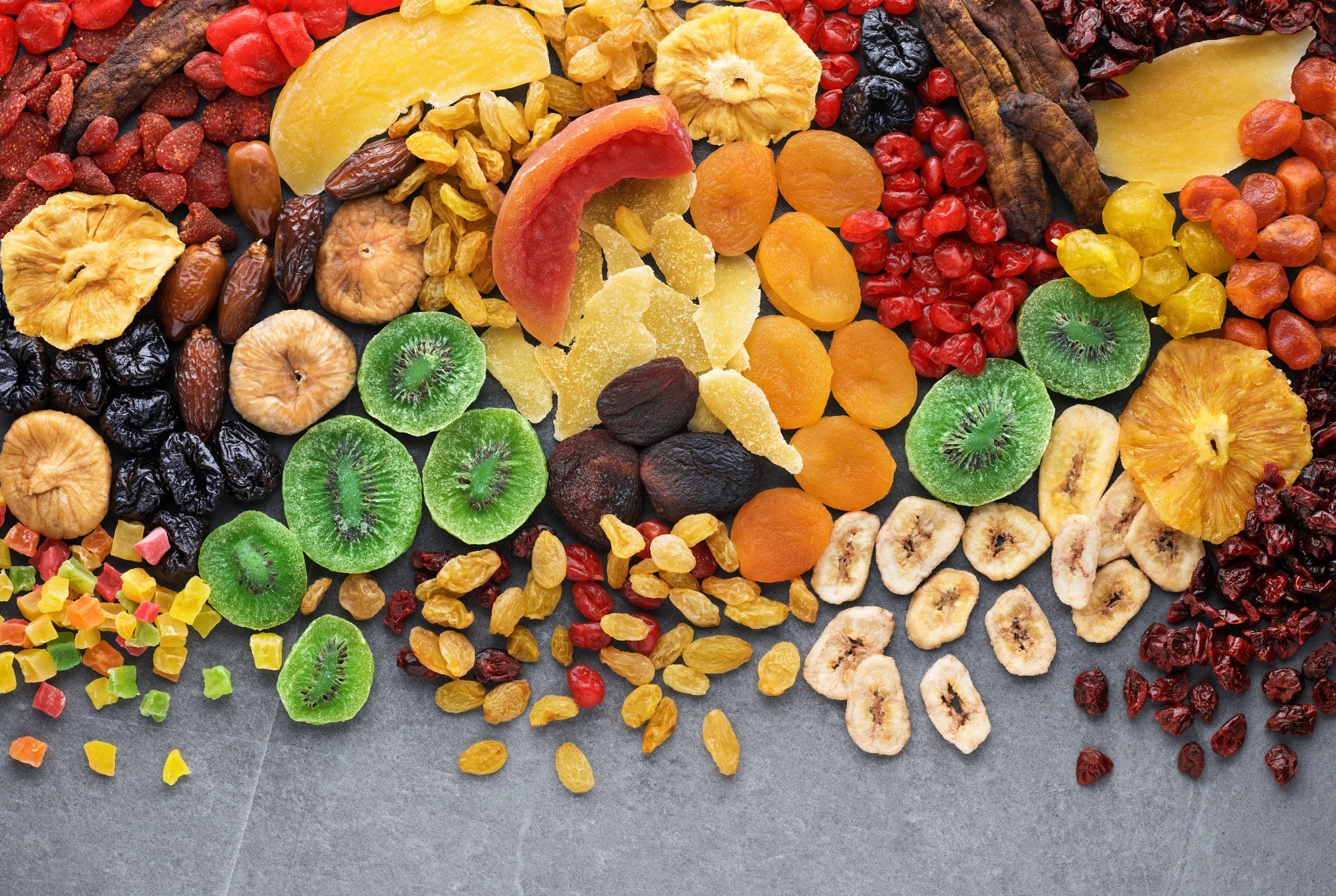In a recent study published in the journal Nutrition and Metabolism, researchers evaluated the causal effects of dried fruit intake on type 2 diabetes (T2D).
Dried fruits have become popular among people seeking healthier alternatives to snacks. However, concerns regarding its sugar content have emerged regarding T2D. T2D represents a significant public health challenge due to its associations with complications, such as nerve damage, cardiovascular disease, and kidney dysfunction. The dietary inclusion of dried fruits for individuals with T2D is a complex issue, drawing caution and enthusiasm.
 Study: Dried fruit intake and lower risk of type 2 diabetes: a two-sample mendelian randomization study. Image Credit: vitals / Shutterstock
Study: Dried fruit intake and lower risk of type 2 diabetes: a two-sample mendelian randomization study. Image Credit: vitals / Shutterstock
Dried fruits contain essential nutrients, such as fiber, vitamins, and minerals, enriching a balanced diet. However, sugars in dried fruits are rapidly released into the bloodstream, causing spikes in postprandial glycemia, which could be challenging for those striving to stabilize glucose levels. Dried fruit intake has been historically discouraged due to its sugar and fat content.
However, there has been a shift in this perspective, with dried fruits now being recognized for their fiber levels, micronutrients, and minimal fat content relative to their fresh counterparts. Animal studies and randomized controlled trials have suggested the potential benefits of dried fruits in cardiovascular diseases. Nevertheless, data on the associations between T2D and dried fruit intake are limited.
About the study
in the present study, researchers evaluated the potential causal associations between dried fruit intake and T2D. This two-sample Mendelian randomization (MR) study used genome-wide association study (GWAS) summary statistics. GWAS data on dried fruit intake were obtained from a study involving over 500,000 United Kingdom (UK) Biobank participants. Participants visited local evaluation centers to provide relevant data via questionnaires or anthropometry.
Information on dried fruit intake frequency was collected via a questionnaire. T2D data were derived from a GWAS of over 61,700 cases and 593,952 controls. The team screened single nucleotide polymorphisms (SNPs) linked to dried fruit intake as instrumental variables. Instrumental variables had to be strongly and solely associated with the exposure (dried fruit intake) and independent of confounders.
The inverse-variance weighted (IVW) method examined the potential causal effects of dried fruit intake. The weighted median and MR-Egger methods were supplementary. Heterogeneity was assessed using Cochran’s Q test. Horizontal pleiotropy was evaluated using the MR-Egger intercept test. A leave-one-out analysis was also performed to determine the robustness of the results.
Findings
The researchers identified 43 SNPs that were strongly associated with dried fruit intake. Of these, 36 were selected as instrumental variables after excluding those associated with confounders. The F-statistic of these instrumental variables was 15.39, indicating a robust potential to predict intake levels. All instrumental variables were strongly associated with the exposure than with the outcome (T2D). A causal association was observed between dried fruit intake and T2D.
A higher intake of dried fruits was associated with a lower T2D risk. Specifically, one standard deviation increment in dried fruit intake was associated with up to 61% reduced T2D risk. Further, the weighted median and MR-Egger methods yielded consistent results. Cochran’s Q test showed significant heterogeneity among instrumental variables. There was no evidence of horizontal pleiotropy. The leave-one-out analysis indicated that the results were robust.
Conclusions
The study examined the causal relationship between dried fruit intake and T2D development. The findings highlighted that dried fruit intake was associated with reduced T2D risk. Various mechanisms might potentially explain this association. Specific constituents of dried fruits can potentially alleviate T2D risk. For instance, carotenoids exhibit antioxidant properties, and elevated intake of carotenoids has been reported to correlate with reduced T2D risk.
Dried fruits also contain substantial levels of β-carotene, which is protective against T2D development. They also contain diverse flavonoids associated with improved glucose metabolism and insulin sensitivity. Notably, the findings could not be generalized to other populations, as the sample comprised people of European descent. Besides, the underlying mechanisms of the effects of dried fruits remain poorly defined.